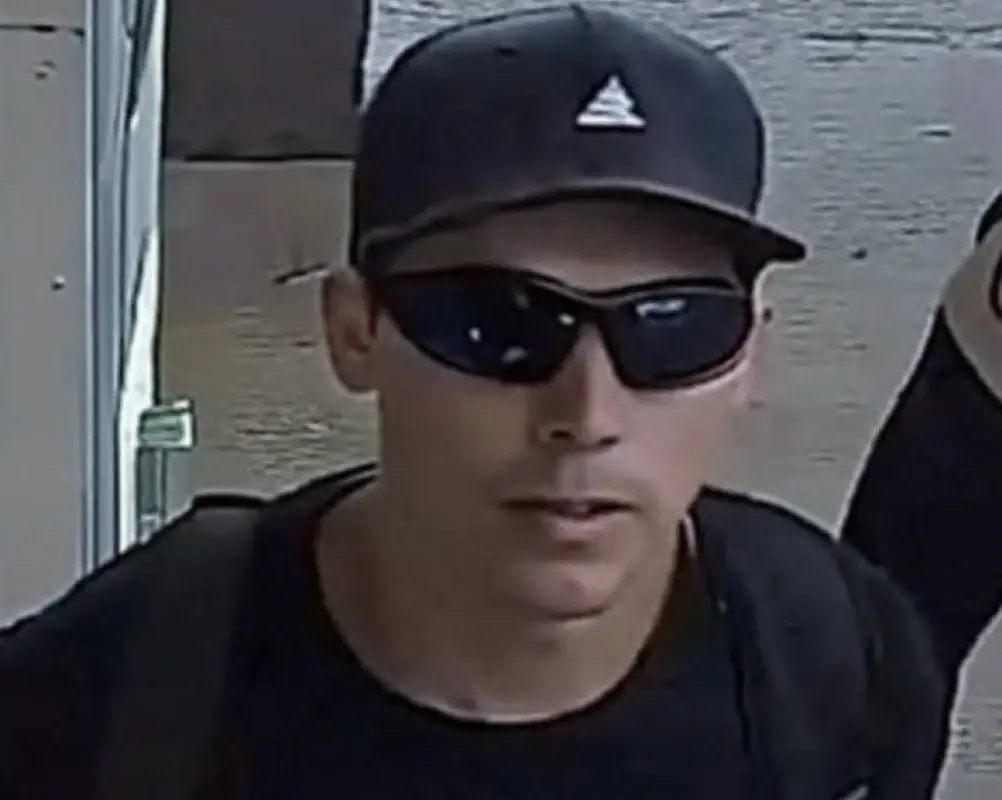Federal investigators have disclosed that the man accused of assassinating conservative activist Charlie Kirk sent a text message before the shooting signalling an intention to kill him, a revelation that offers the clearest indication yet of planning and potential motive in a case that has shaken US politics. FBI Director Kash Patel said Tyler Robinson, 22, also authored a physical note, later destroyed, in which he wrote that he had an opportunity to “take out” Kirk and would do so; investigators say they recovered the note’s contents through forensic work and interviews. Patel did not identify the text’s recipient, but framed both the text and the note as evidence of premeditation uncovered alongside DNA links to items recovered near the sniper’s position at Utah Valley University in Orem, where Kirk was shot dead last week while addressing students.
Patel’s account adds to a widening evidential record built in the days since the attack. In a separate television appearance, he described “a text message exchange” in which, according to the FBI’s review, Robinson “specifically stated he had the opportunity to take out Charlie Kirk and he would do that,” adding that when the suspect was asked why, “he said some hatred cannot be negotiated with.” The comments, which the FBI chief gave in media interviews as agents continued to seize and analyse devices, were the first public characterisation of communications attributed to Robinson that investigators say point directly at intent.
Prosecutors are preparing to file charges as early as Tuesday, with Utah County authorities weighing aggravated murder—an offence that could carry the death penalty upon conviction—while Robinson remains held without bail. Court officials expect his first appearance to be conducted by video from jail. Investigators say they are still working to establish a definitive motive, but the new disclosures about a pre-attack text and the recovered note have shifted focus toward the suspect’s own words, which federal officials describe as expressing desire and opportunity rather than grievance rooted in a specific policy or event.
The FBI says forensic work has tied Robinson to the scene through DNA found on two items: a towel wrapped around the rifle believed to have fired the fatal shot and a screwdriver recovered from the rooftop that investigators identify as the shooter’s perch. Those findings were made public by Patel, who also said the bureau and local partners were conducting interviews across Robinson’s personal network in search of corroboration and context. Officials have said they believe Robinson acted alone during the shooting, while still examining whether anyone knew of his plans in advance or provided material assistance.
